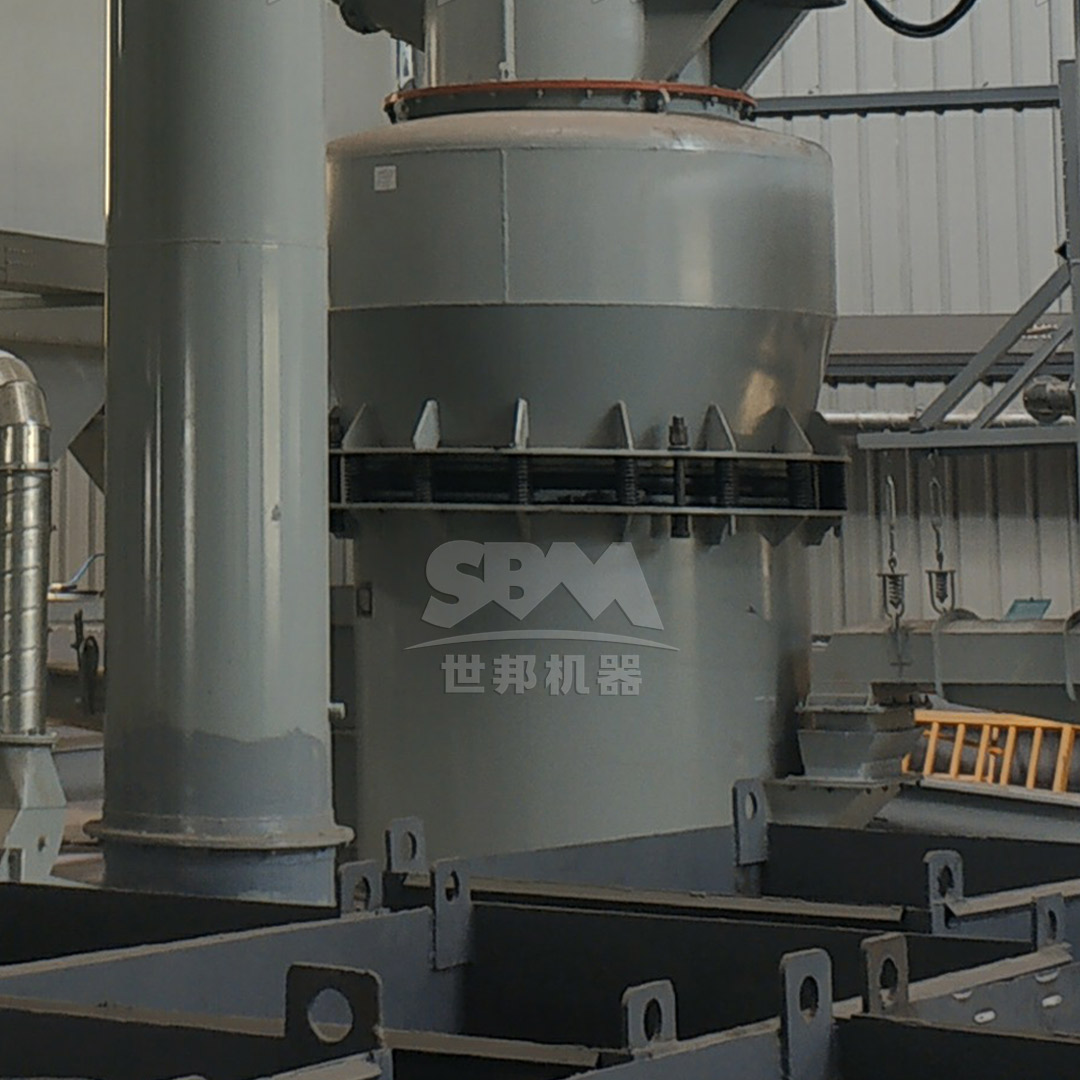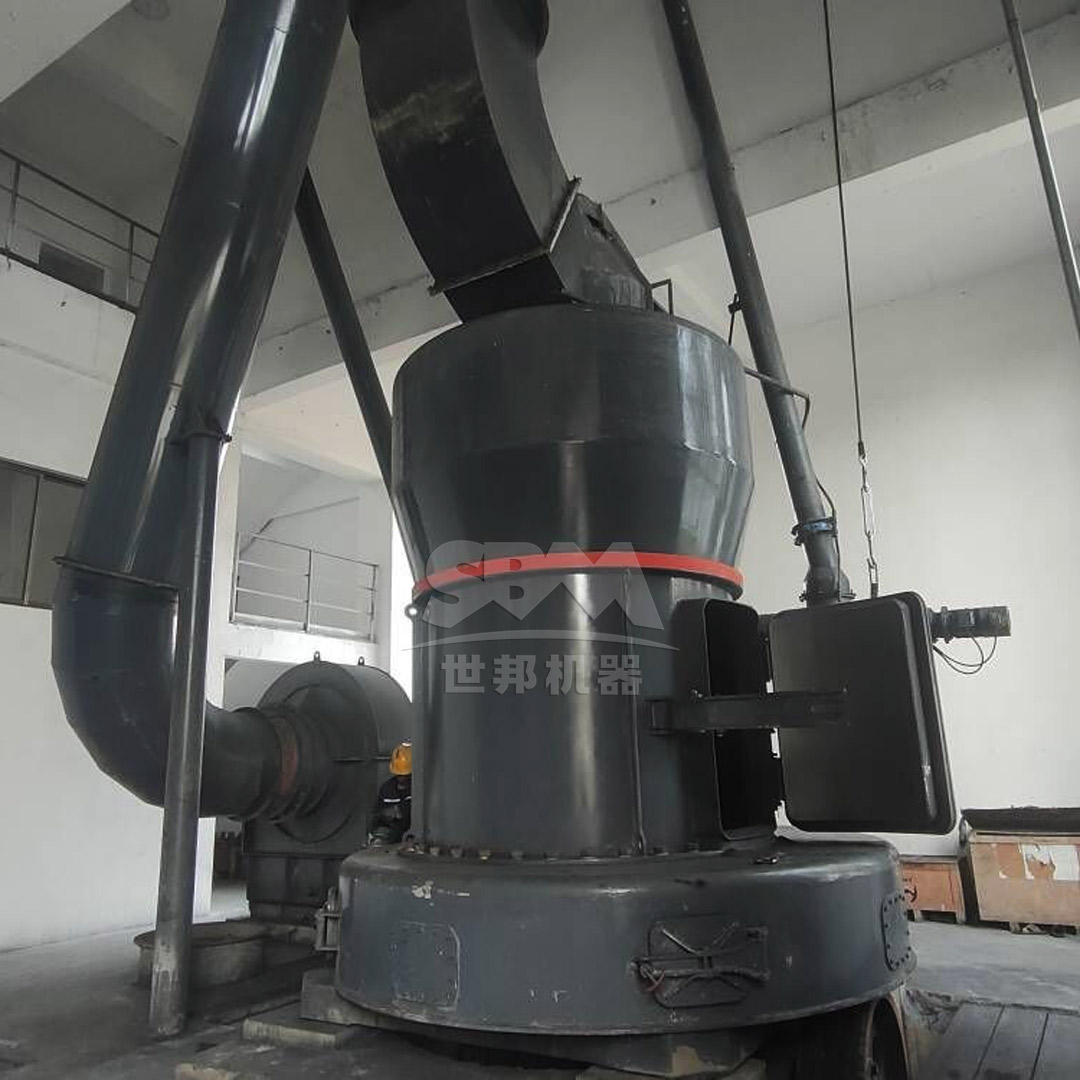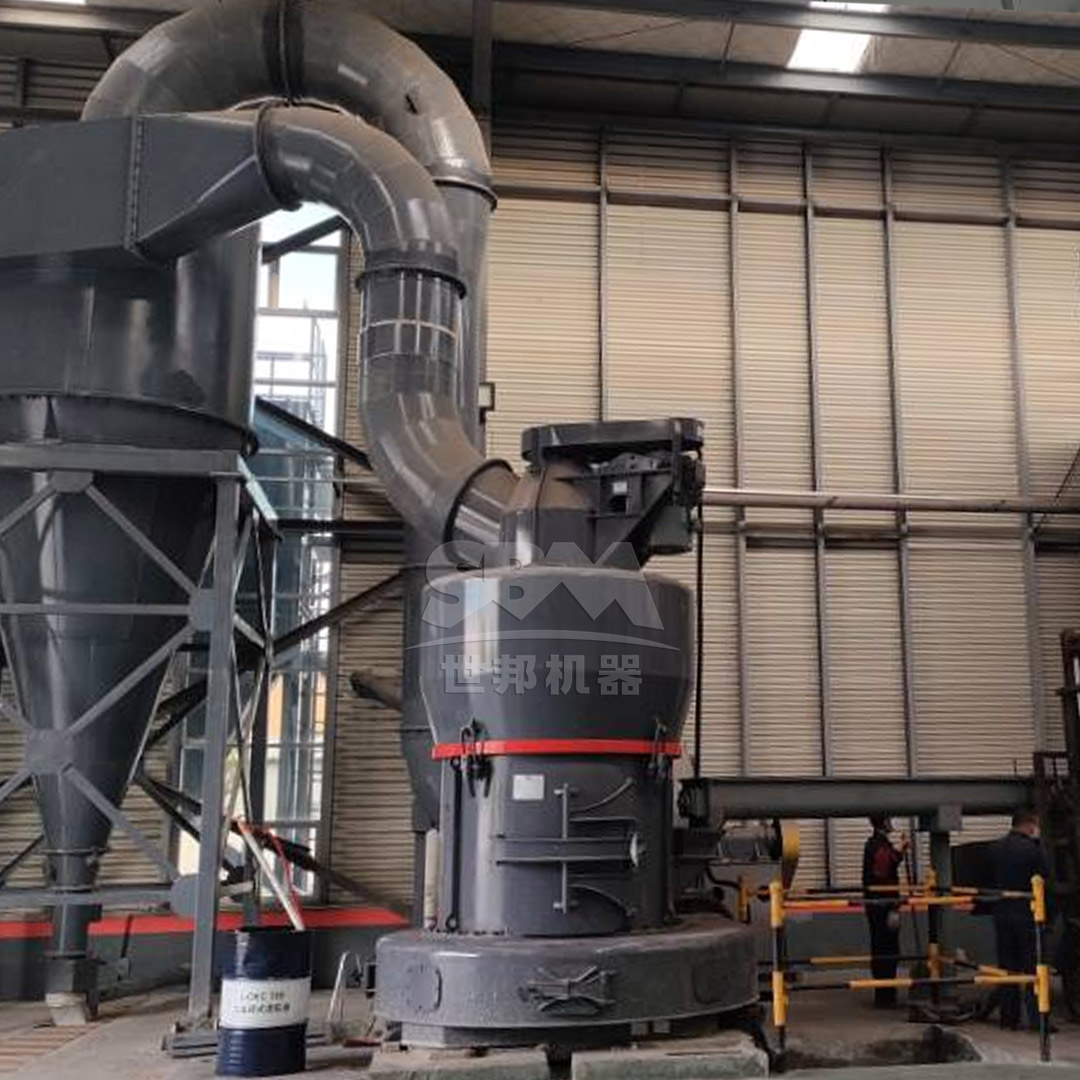The mineral supplement industry has experienced significant growth in recent years, with calcite being one of the most important raw materials due to its high calcium content and bioavailability. Producing high-quality calcite powder for dietary supplements requires specialized milling equipment that can achieve precise particle size distribution while maintaining product purity and nutritional value. Selecting the appropriate superfine mill is crucial for manufacturers seeking to optimize their production processes, reduce operational costs, and deliver superior products to the market.
This comprehensive guide examines the key factors to consider when choosing calcite superfine milling equipment, with particular focus on technical specifications, production requirements, and the unique challenges of processing mineral supplements for human consumption.

Calcite (CaCO₃) is a naturally occurring calcium carbonate mineral that serves as an excellent source of elemental calcium for dietary supplements. Its Mohs hardness of 3 makes it relatively soft compared to other minerals, but proper milling requires careful consideration of several factors:
The bioavailability of calcium from calcite supplements is directly influenced by particle size. Research indicates that optimal absorption occurs with particle sizes in the range of 5-45 micrometers (approximately 325-2,500 mesh). Finer particles increase surface area and dissolution rates, while extremely fine particles (below 5μm) may present handling challenges and increase dusting during manufacturing.
| Application | Recommended Particle Size | Corresponding Mesh | Bioavailability Factor |
|---|---|---|---|
| Tablet Formulations | 20-45μm | 325-625 mesh | Good |
| Capsule Fillings | 10-25μm | 625-1,250 mesh | Very Good |
| Powder Supplements | 5-15μm | 1,250-2,500 mesh | Excellent |
| Liquid Suspensions | 5-10μm | 1,800-2,500 mesh | Superior |
Choosing the right milling equipment for calcite supplement production involves evaluating multiple technical and operational factors. The following criteria should guide your selection process:
The ability to consistently produce calcite powder within specific particle size ranges is paramount. Look for mills with precision classification systems that can achieve narrow particle size distributions. Equipment offering D97 values (indicating that 97% of particles are below the specified size) provides better control over final product quality.
Match the mill’s throughput capacity with your production needs. Consider both current requirements and future expansion plans. For supplement manufacturers, production capacities typically range from 500 kg/h for specialized niche products to 5,000 kg/h for mainstream supplement lines.
Milling operations account for a significant portion of manufacturing costs. Energy-efficient mills can reduce operational expenses by 20-40% compared to conventional equipment. Evaluate the specific energy consumption (kWh per ton of product) across different mill types.
Maintaining product purity is non-negotiable in supplement manufacturing. Equipment with minimal wear parts contacting the product and constructed with food-grade materials is essential. Ceramic or specialized alloy grinding elements significantly reduce metallic contamination.
Excessive heat generation during milling can degrade calcite quality. Mills with efficient cooling systems or low heat generation characteristics help preserve the nutritional integrity of the final product.
Equipment designed for easy cleaning and maintenance reduces cross-contamination risks and ensures compliance with food safety standards such as GMP, HACCP, and FDA regulations.

Various milling technologies are available for calcite processing, each with distinct advantages and limitations for supplement manufacturing:
Ultrafine mills are specifically designed to produce powders in the 5-45μm range, making them ideal for high-value calcite supplements. These systems typically incorporate advanced classification technology and precise control systems.
For supplement manufacturers requiring the finest calcite powders, we highly recommend our SCM Ultrafine Mill series. This equipment excels in producing calcite powders from 325 to 2,500 mesh (D97≤5μm), perfectly matching the requirements for high-bioavailability mineral supplements. The SCM series offers several distinct advantages for supplement production:
With models ranging from the SCM800 (0.5-4.5 ton/h) to the SCM1680 (5.0-25 ton/h), manufacturers can select the perfect capacity match for their production requirements while maintaining identical final product quality across all output levels.
Vertical roller mills offer high efficiency for medium to large-scale calcite supplement production. Their compact design and integrated systems make them suitable for facilities with space constraints.
Our LM Series Vertical Roller Mill presents an excellent solution for supplement manufacturers seeking high-volume production with consistent quality. Particularly for operations producing multiple mineral supplements beyond just calcite, the LM series offers exceptional versatility:
The LM series, with models from LM130K (10-28 t/h) to LM280K (50-170 t/h), provides scalability for growing supplement businesses while maintaining the precise control necessary for pharmaceutical-grade mineral powders.
MTW and MTM series trapezium mills offer robust performance for calcite powders in the coarser supplement ranges (45-325 mesh). Their durable construction and reliable operation make them suitable for continuous production environments.
While traditional ball mills can process calcite, they are generally less efficient for superfine applications and may introduce higher contamination risks. Their use in modern supplement manufacturing is typically limited to preliminary size reduction stages.
| Mill Type | Optimal Fineness Range | Energy Efficiency | Contamination Risk | Capital Investment | Best Application |
|---|---|---|---|---|---|
| SCM Ultrafine Mill | 5-45μm (325-2,500 mesh) | Excellent | Very Low | High | Premium supplements requiring high bioavailability |
| LM Vertical Roller Mill | 45-170μm (80-325 mesh) | Very Good | Low | Medium-High | High-volume production with good bioavailability |
| MTW Trapezium Mill | 45-600μm (30-325 mesh) | Good | Medium | Medium | Standard supplement powders |
| Ball Mill | 74-800μm (20-200 mesh) | Fair | High | Low-Medium | Preliminary grinding or budget formulations |
Successful integration of calcite milling equipment requires careful planning beyond just equipment selection. Consider these implementation aspects:
Proper calcite feedstock preparation ensures optimal mill performance. Pre-crushing to appropriate sizes (typically ≤20mm for ultrafine mills) and moisture control (generally below 2% for fine grinding) significantly impacts final product quality and milling efficiency.
Milling systems require supporting equipment including:
Implement inline particle size monitoring and sampling systems to maintain consistent product quality. Modern mills with automated control loops can adjust parameters in real-time based on quality feedback.

Evaluating the financial aspects of mill selection involves analyzing both capital and operational expenditures:
Beyond the initial equipment purchase price, consider:
Higher-quality calcite powders with optimal particle size distributions command premium prices in the supplement market. The ability to produce specialized powders for specific applications (rapid dissolution formulas, enhanced bioavailability grades) can significantly increase profit margins.
Modern, efficient mills typically achieve payback periods of 12-24 months through reduced operating costs, higher product quality, and increased production capacity. Documented cases show that upgrading to advanced milling technology like the SCM Ultrafine Mill has enabled supplement manufacturers to reduce total production costs by 18-27% while achieving 15-35% price premiums for superior product quality.
Supplement manufacturers must ensure their milling operations comply with relevant regulations and quality standards:
Implement comprehensive QC measures including:
The mineral supplement industry continues to evolve, with several trends influencing milling technology requirements:
While current regulations limit nanoparticle use in supplements, research continues into enhanced bioavailability through controlled particle size reduction. Mills capable of producing narrowly distributed sub-micron particles may become increasingly important.
Energy-efficient milling technologies align with sustainability initiatives, reducing the environmental footprint of supplement production while lowering operating costs.
Smart mills with IoT connectivity, predictive maintenance capabilities, and data analytics integration are becoming standard in modern supplement manufacturing facilities, enabling unprecedented levels of quality control and operational efficiency.
Selecting the optimal calcite superfine mill for mineral supplement production requires careful analysis of technical specifications, production requirements, quality standards, and economic factors. The SCM Ultrafine Mill series stands out as the premier choice for manufacturers seeking to produce high-bioavailability calcite powders with precise particle size control, minimal contamination risk, and superior operating economics. For operations requiring higher capacity with excellent efficiency across a broader particle size range, the LM Vertical Roller Mill series offers an outstanding balance of performance and value.
By understanding the specific requirements of calcite supplement production and matching those needs with appropriate milling technology, manufacturers can optimize their operations, enhance product quality, and strengthen their competitive position in the growing mineral supplements market. Investing in the right milling equipment represents not just a capital expenditure, but a strategic decision that impacts product quality, operational efficiency, and business profitability for years to come.